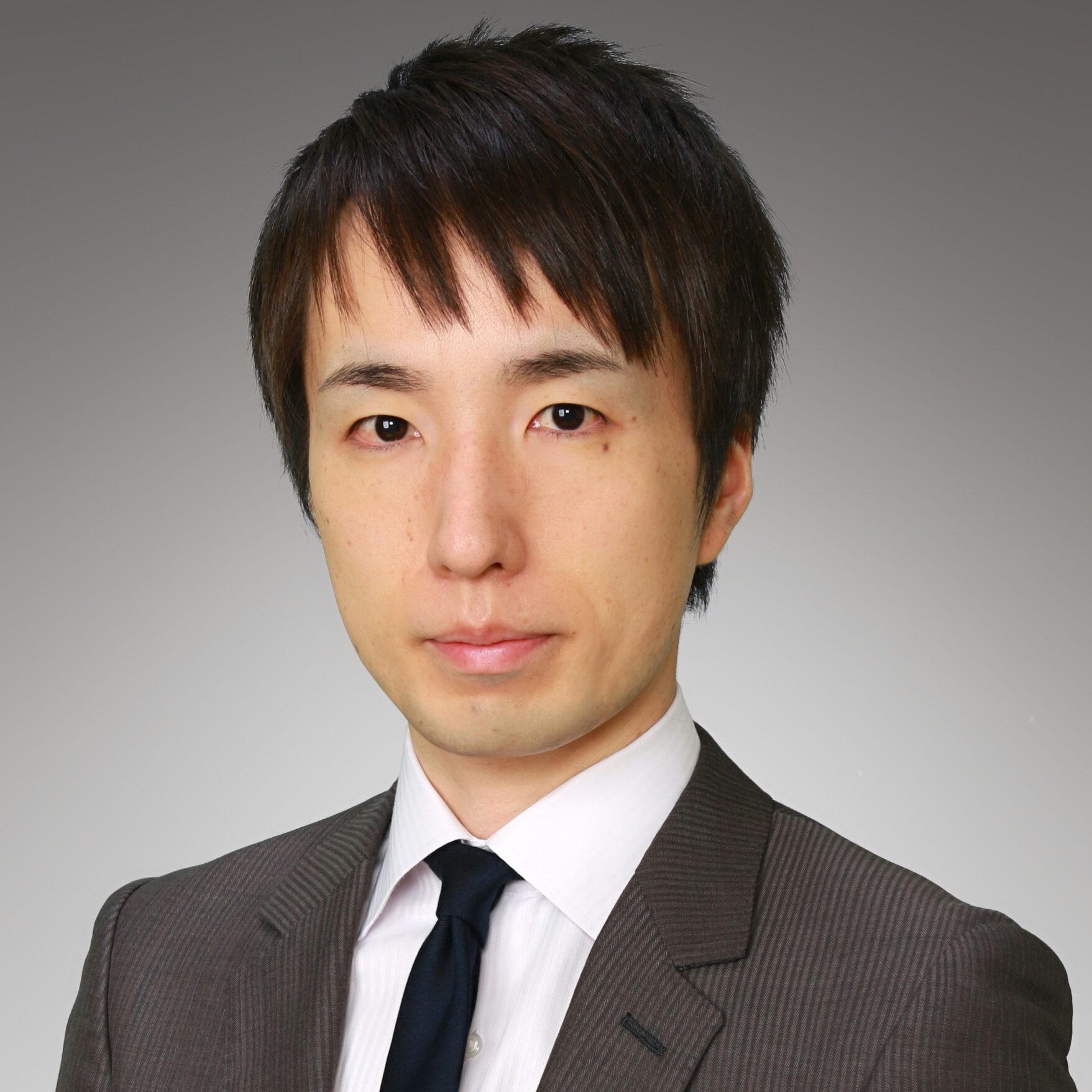
Daisuke Tokushige
Member
SK Intellectual Property Law Firm
Daisuke Tokushige is a member of SK Intellectual Property Law Firm, located in Tokyo, Japan. He focuses his practice in the fields of biotechnology, pharmaceuticals, chemistry, and medical device, willing to help domestic clients and clients overseas to file and prosecute a patent application with Japan Patent Office. He is also a patent search expert and involved patent challenges to several pharmaceutical patents in Japan. He runs the website https://japanese-patent.com/, providing information about patent practice and law firms in Japan.

Recent Articles by Daisuke Tokushige
In the United States, claims directed to methods of treating/diagnosing human disease are patentable. On the other hand, in Japan, such claims are unpatentable. Therefore, the applicant is required to rewrite or delete the claims when a patent application (e.g., Patent Cooperation Treaty application) containing such claims enters the Japanese national phase and is examined. In this article, I offer my personal views on how to rewrite method-of-treatment claims for Japanese examination. I will particularly focus on claims that may or may not conform to Japanese patent practice while past Japanese patent cases and the current patent system are taken into account.
An antibody can take various forms, including the following: a monoclonal, polyclonal, mouse, human, humanized, monospecific, bispecific, glycosylated (sugar chain-modified), Fc-modified, or ADC (antibody-drug conjugate) antibody; an antibody fragment (e.g., Fab, scFv, diabody, sdAb, tandem scFv); or an antibody of different class or subclass (e.g., IgG (e.g., IgG1, IgG2, IgG3, IgG4), IgM, IgE, IgA). If claim 1 recites an “antibody”, whether or not the antibody includes each of the above forms can be an issue in an infringement lawsuit. In Baxalta Inc. v. Genentech, Inc. (Fed. Cir. 2020), Baxalta alleged that Genentech’s Hemlibra® (emicizumb-kxwh) product infringed its U.S. Patent No. 7,033,590 (’590 patent). In this lawsuit, the issue was whether or not the “antibody or antibody fragment thereof” in claim 1 of the ‘590 patent should comprise a bispecific antibody (the form of Hemlibra).

![[IPWatchdog Logo]](https://ipwatchdog.com/wp-content/themes/IPWatchdog%20-%202023/assets/images/temp/logo-small@2x.png)
